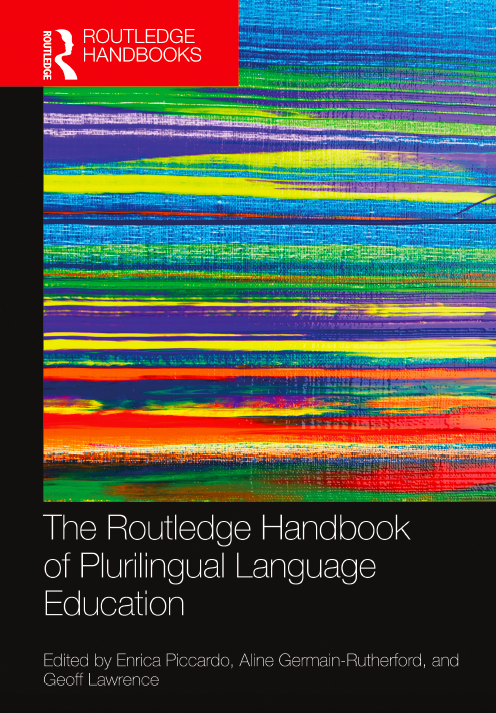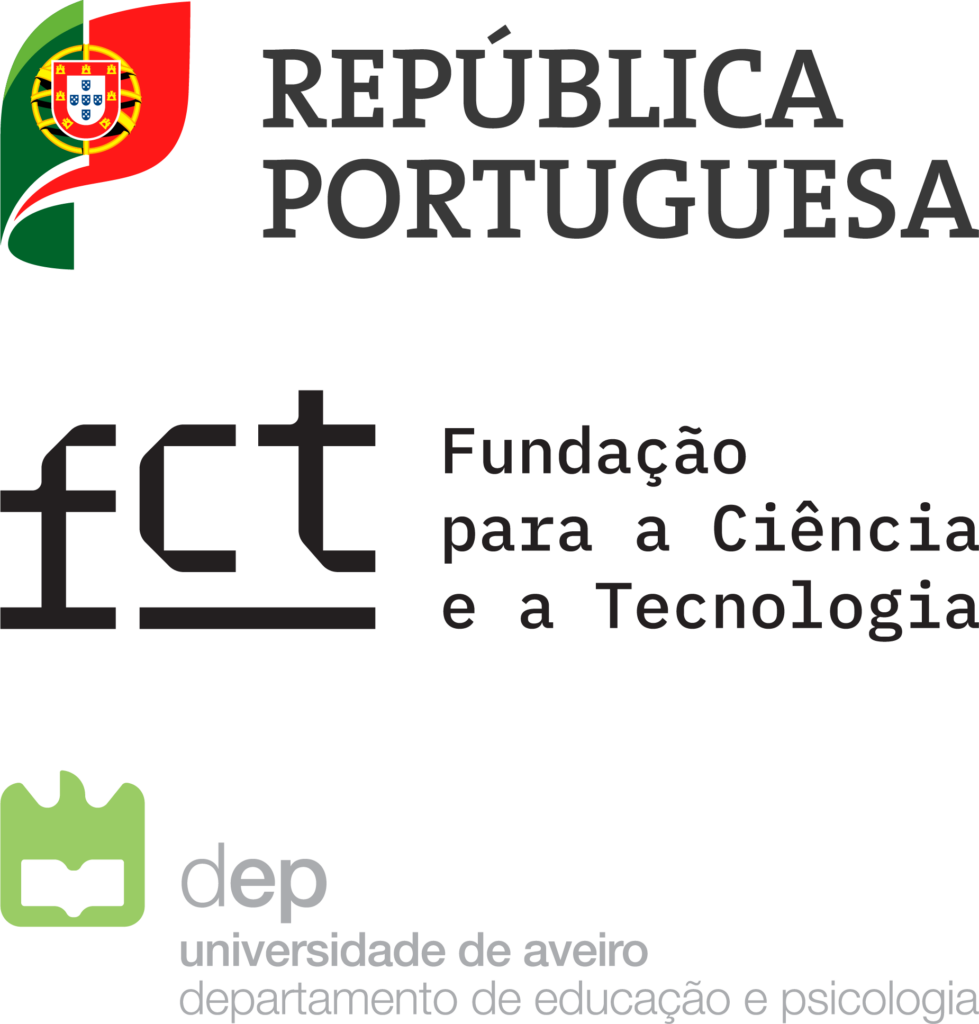Maria Helena Araújo e Sá (CIDTFF) & Sílvia Melo-Pfeifer (CIDTFF) | The Routledge Handbook of Plurilingual Language Education, pp. 279-296
Abstract:
This chapter presents evidence from empirically-based studies that analyse the influence of participating in the online intercomprehension situations on: fostering and negotiating a plurilingual identity; and improving the skills and knowledge identified in a particular descriptive model of plurilingual competence: affective, cognitive, linguistic, and communicative. Many concepts are in use to describe or refer to plurilingual interaction, bilingualism and multilingualism. Already back to 2006, G. Lüdi proposed changing the focus of research from linguistic competence in one language to the interaction of linguistic resources within the individual plurilingual repertoire. The chapter also presents the outcomes of empirical studies addressing the influence of online plurilingual interaction resorting to romance languages on participants’ identity co-construction and development of their plurilingual competence. Specific features related to participation in online plurilingual interaction include discussions of the plurilingual repertoires in presence as well as the negotiation of languages for the interaction.
– – – – –
Referência:
Araújo e Sá, M. H., & Melo-Pfeifer, S. (2021). Online Plurilingual Interaction: Identity Construction and Development of Plurilingual Competence in Students and Teachers: A Focus on Intercomprehension. In E. Piccardo, A. Germain-Rutherford, and G. Lawrence, The Routledge Handbook of Plurilingual Language Education (pp. 279-296). Routledge. https://doi.org/10.4324/9781351002783





